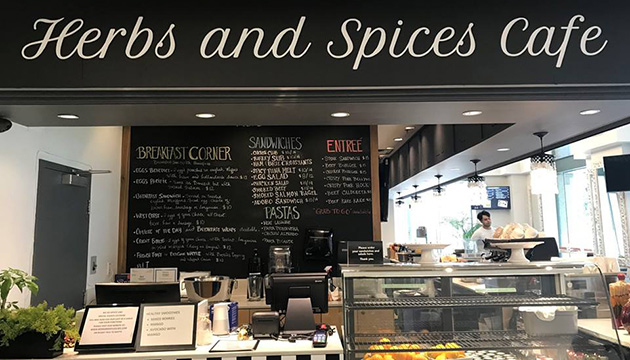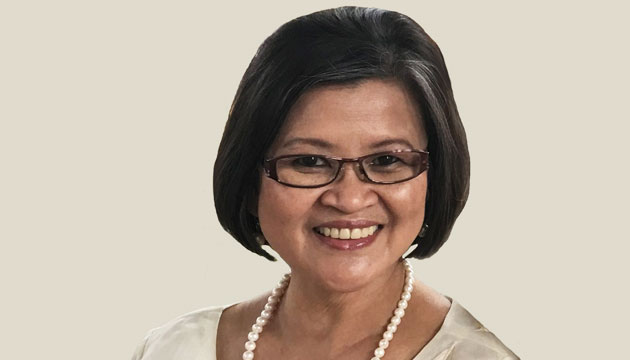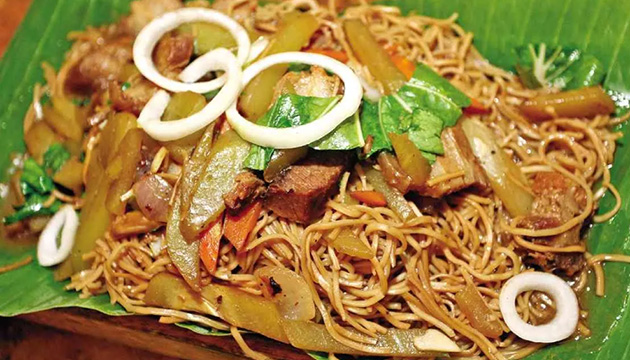As Canadians gear up to celebrate their nation’s 150th anniversary, Prime Minister Justin Trudeau outlines a new governing principle for Canada: the principle of post-nationalism.
He boldly asserted this philosophy in a recent interview with TheNew York Times where he described Canada as the first post-national state. ‘‘There is no core identity, no mainstream in Canada,” Trudeau claimed. ‘‘There are shared values — openness, respect, compassion, willingness to work hard, to be there for each other, to search for equality and justice.”
To the international community, Canada is a land synonymous with multiculturalism and diversity. It has been praised highly for its audacious example of keeping its doors open.
Multiculturalism, however, is achieved at the price of national identity. It is evident nowadays that many have trouble pinpointing exactly what it means to be Canadian.
What exactly does an “international” Canada mean for second generation Canadian Filipinos—those born here, of immigrant parents? And how does the second generation cope with this dual identity?
Second-generation Canadians make up more than 5.7 million people, according to the latest National Household Survey (NHS) in 2011. That's 17.4 percent of the total population—millennials who are youthful, more urbanized, and well-educated. They have wide-reaching roots that span across 200 or more countries.
In British Columbia, second generation individuals account for over 23 percent of the population, the highest proportion among the provinces and territories. Two other provinces were above the national average of 17.4 per cent: Ontario, where the second generation represented 22.5 percent of the population, and Alberta, where it represented 19 percent.
Among the second generation Canadians of Filipino descent, we see a growing number of young adults who grapple with their ethnicity or dual identities.
They often find themselves having a different set of values or ideals than that of their immigrant parents. But because their physical attributes, like having black hair or brown skin, or small stature, set them apart from the rest of the population, or perhaps because they have been raised in a Filipino household, they need to confront and understand what being Filipino in Canada means.
Some embrace their part in the Canadian mosaic and accept life’s complexities.
A survey conducted by the Filipino Youth Transitions in Canada reveals that the overwhelming majority of second-generation Filipino Canadians think of themselves as both Filipino and Canadian. Of this group, a higher number lean Canadian.
Second generation identities are often multiple and overlapping. But instead of treating their mixed culture/mixed identity trait as a liability, people with this dilemma can take pleasure to be in Canada these days, as this country styles itself as "post-national," welcoming immigrants, promoting tolerance, and embracing diversity even more.
Spoken word poet and arts educator Patrick de Belen summed this up beautifully in a recent Toronto Forum on Filipino Canadians: “I am a Filipino seed, yeah, but I am planted in Western soil— which means my branches may bear plenty of fruit, but my roots are subconsciously digging for oil.”
By Mary Ann Mandap for
The CFNet Editorial Board
Contact us at:










